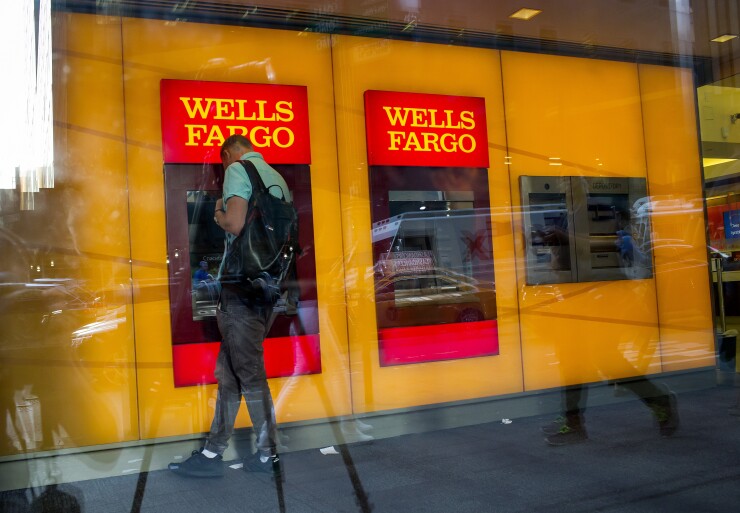Workers in the U.S. looking for a raise shouldn’t hold their breath.
According to the annual Salary Budget Survey from WorldatWork, employers in the U.S. report that the average 2016 total budget for salary increases remains stuck in the same spot it has been for the past two years: 3%.
If that weren’t disappointing enough, the human resources association reported that next year doesn’t look that much better. WorldAtWork survey participants say they are planning for a slight increase for 2017 salary budget increases, but only up to 3.1%.
“Organizations are still planning and awarding salary increases, but the amount of the increases remains flat and is not changing year over year,” says Kerry Chou, senior practice leader for WorldatWork. “In the U.S. in particular, this may be related to inflation, which remains low. The demand for larger salary increases just isn’t there, and low unemployment has not been enough to motivate organizations to increase salary budgets.”

The “WorldatWork 2016-2017 Salary Budget Survey,” which took place in May 2015, consists of 5,759 responses from 19 countries representing nearly 15 million employees.
Mining, quarrying and oil and gas extraction saw the largest drop in average salary increases — from 2.5% last year to 1.3% this year — after leading all industries at roughly 4% just a few years ago. This drop could be due to the steep drop in the price of oil, estimates WorldAtWork.
According to survey respondents, base salary increases, including cost-of-living adjustment and merit increases, are being awarded to 89% of employees in 2016. Most companies will award pay increases to nearly all staffers, as well.
Promotional increases were awarded to 8% of employees in 2015. This is one-tenth of a percentage point higher than 2014’s 7.9%. Among promotional increases, the size of the average raise remained at 8.4%. Companies continue to spend the same on promotional increases in 2016: 1.5% of total base salaries.
The percentage of companies offering variable pay rose to 84% in 2016 from nearly 80% for the past few years.
Outside the US
The news is not much better in Canada and the rest of the globe. “Aggregated across all Canadian employee categories, regions and industries, the average total increase to salary budgets is 2.6% in 2016, a reduction from the 2.8% budgeted in 2015 and short of the 2.9% projected for this year,” according to WorldAtWork.
“The economic contraction Canada experienced in 2015 continues to dampen salary budget increases,” Chou says. “Economic uncertainty has employers cautious about increasing budgets and opting for conservative salary increases to attract and retain needed talent. Labor market pressures would likely need to come from multiple directions to accelerate wage growth.”
India maintains the largest salary increase budget of all countries surveyed, with an average budget increase of 10.1%. Brazil reported the only growth in average 2016 total salary budget increase at 7.9%, up from 7.5% last year.





